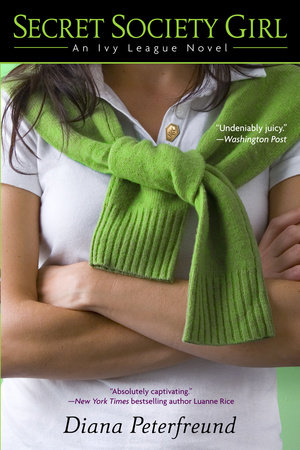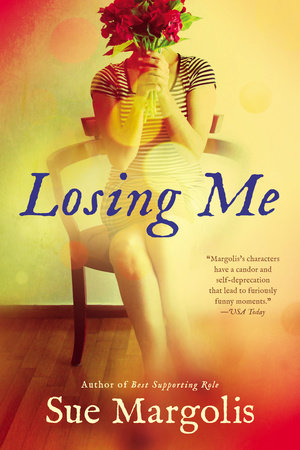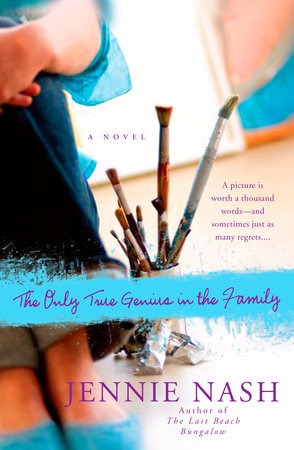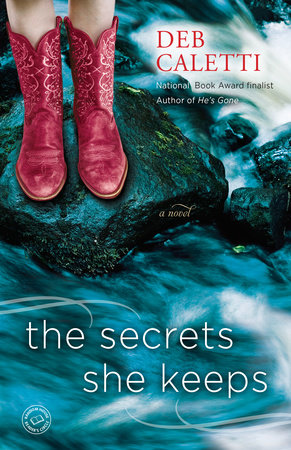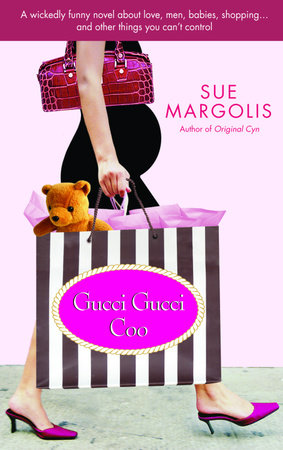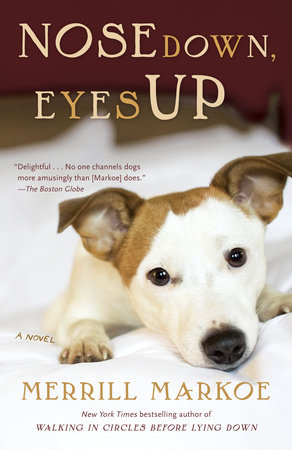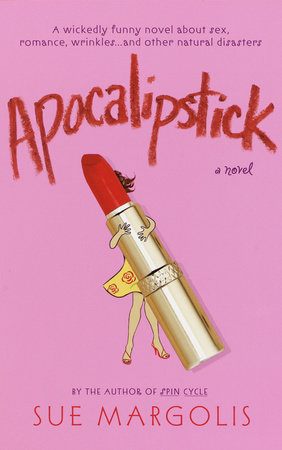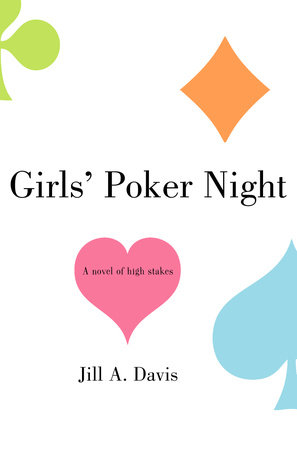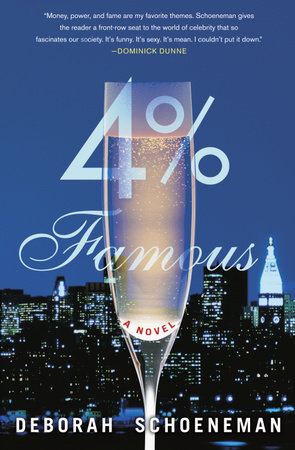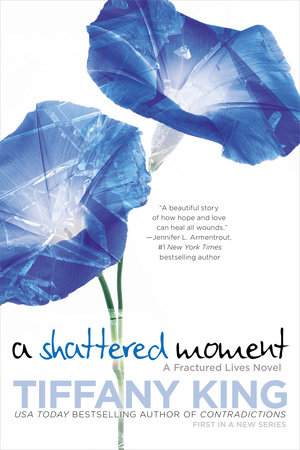What inspired you to write a novel about secret societies?
One night last year, the movie The Skulls, with Joshua Jackson and Paul Walker, was on television. I remembered how, in college, my friends and I used to watch the movie and play a drinking game: take a drink every time something ridiculous happens in the film. At dinner that night, I told my boyfriend, “I’m going to write a book about secret societies the way they really are.” He said, “That would be boring.” And I said, “Not if I tell it.” I think the societies are a fascinating collegiate subculture, even without all the murder and mayhem injected into the experience by Hollywood. I tried to stay true to reality. My book constantly plays with the idea of the legend of secret societies — they control the world, etc. — versus the truth. Though my story is completely made up, everything in the book is something that really could happen.
Amy Haskel is a very smart, sassy, confident heroine who’s not afraid to show off her intellect, which is very different from popular culture’s current obsession with what Pink calls "Stupid Girls." Do you think smart girls get a bum rap in society?
Thank you for saying so! I didn’t set out to make a statement. Just wanted to tell a fun story with fun characters. As far as celebrity goes, I don’t think smart girls get a bum rap as much as I think the so-called “stupid girls” are given more credit than they deserve. But this style of celebrity has been around for millennia. I think sometimes we’re looking at a case of wily manipulation–women who choose (or allow their handlers to choose for them) to play the fool for marketing purposes. The problem comes in when you don’t know where the public persona of “clown” ends and real cluelessness takes over. However, I think “smart girl” celebrities are also valued. People aren’t exactly dismissing women like Natalie Portman or Tina Fey. But in general, the qualities admired in celebrities are not necessarily their smarts.
I like Pink; I think she’s got moxie, and I agree with her that it’s too bad that we’ve let an admiration for a celebrity’s hair or clothing turn into an admiration for anything they choose to do.
Eli University, an Ivy League college in New Haven, CT, appears to be a thinly-disguised description of Yale University, your alma mater. How close is Eli to Yale and what’s different? Is there a Tory’s? A Lenny’s Lunch?
Wow, how much room do you have? Writing about Eli University rather than Yale gave me a lot more freedom to change things to suit the story. There’s a buffer of fiction. It’s not “wrong” because it’s not Yale. Still, Eli is Yale in an alternate universe. Anyone familiar with Yale will recognize that they are almost identical, both physically and in terms of attitude. My make-believe Tory’s is very similar to a real New Haven institution called Mory’s where the student clubs meet to drink from silver trophy cups and sing songs. Lenny’s Lunch is very similar to one of my favorite New Haven restaurants, Louis’ Lunch. I had a lot of fun making up my “alternate universe” placenames and activities, and hope that the Yalies who read will pick up on the in-jokes.
We know that secret societies like Skull & Bones really exist, and that President Bush, John Kerry, and many other luminaries have been members. How similar are the real ones in comparison with the ones you created in The Secret Society Girl? How much research was involved in creating the society activities, ceremonies, and rituals in this novel?
The rituals and activities of Rose & Grave are inspired by things that happen within real secret societies. I wanted this story to have a very strong air of authenticity so I tried to include as many true details as possible, though I tried to use them as a jumping off point for the plot rather than just putting history or ceremonies in because they sounded cool. I always do my research at the same time as my plotting because they dovetail and help inspire new directions for each. Because the book is fiction, I also had the luxury of cherry picking my favorite details from various societies to make up Rose & Grave. I think the most enjoyable part was making up everyone’s society codenames, since the codenames are indicative of their real life personalities, but are often puns or names pulled out of literature or history.
Ambition plays a big role in The Secret Society Girl. Do you think college students these days are more or less ambitious than in previous generations? Do you think ambition helps or harms someone like Amy Haskel?
That’s a great question. I think that students are both more and less ambitious right now. College is a much more common option for this generation than for previous ones. So while college diplomas are increasingly becoming an employment prerequisite, there are also more people heading off to college without a clear plan of what to do with the degree they earn. There is a definite sense among recent graduates that their bachelor’s degrees are not going to open as many doors for them as they did for previous generations, and so they have to hustle a lot more if they ever hope to pay back those loans. Amy knows that the Eli name alone isn’t going to earn her a career. But what is? This is an ongoing conundrum for her.
At the beginning of each chapter, you include two lines that set the scene for the chapter (and sometimes sum up a characters feelings from the previous chapter.) What gave you the idea to include these?
One common secret society activity is the confession, or autobiography. Each society has its own name for it. (The “connubial bliss reports” — or “CBs” —of Rose & Grave are a similar ritual.) The concept for the book has always to structure it as Amy’s confession to an unknown audience. Is it to the society? To a barbarian confidante? To the public? I wanted to tell the story as if Amy was divulging everything that had happened to her after the fact. She speaks directly to the reader at several points in the story. The original title even had the word “confession” in it. Working from this premise, the chapters can be viewed as an elucidation of the confession at the beginning of each one. Plus, it looks pretty great.
In a similar vein, there are lots of little lists and multiple choice questions and even footnotes sprinkled throughout the book, like "Amy Haskel’s Hit List" and "What I Learned that Night.” Did these come to you as you were writing the book or did you add them in later?
As I was writing them. They fit so perfectly with Amy’s character. I made some untraditional choices with the narrative, but I was trying to keep her voice as uncensored as possible. She’s a highly organized, analytical person who plans her life out in advance. Lists are her way to making sense of things, of keeping her life in control–or so she thinks.
The Secret Society Girl is the first book in a series. Did you set out to write a series or did it evolve into one naturally?
Almost immediately, I realized that this book had series potential. The characters have wonderful growth arcs, and there is the natural timeline of their college and society experience, from tap to patriarch.
What can readers expect from the next book?
In many ways, The Secret Society Girl is the story of an outsider. In the next book, Amy Haskel is an insider. She is a full-fledged Digger, charged with the responsibility of keeping a centuries-old tradition alive. What kind of caretaker will she be?
The second book is asking the question of what it means to be a Digger and who gets to decide that. Also, more adventure, more scandals, more football (it’s football season, after all) and more George. A lot more George.
You give writing workshops as well as work on your own novels. Tell the truth: is there any "do as I say but not as I do" aspect to your writing?
The things that I give writing workshops on are completely “practice what I preach.” But I also had an unusual path to publication, so there is an element of “I know this isn’t how it happened for me, but…” I sold my first novel on a partial manuscript, which is very rare for a first-time novelist. Now, a lot of aspiring writers asked me how to sell their partials at auction, like I did. There’s no answer to that. No trick. It just happened that way. I think that you try to write the best book possible, and position it as best you can. No shortcuts, no magic tricks, no secret handshakes.
